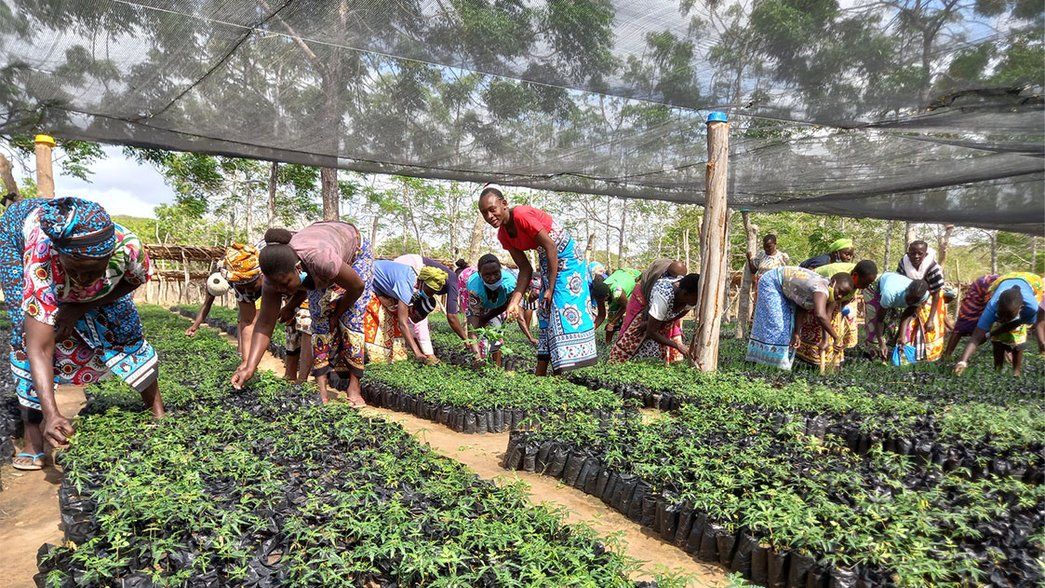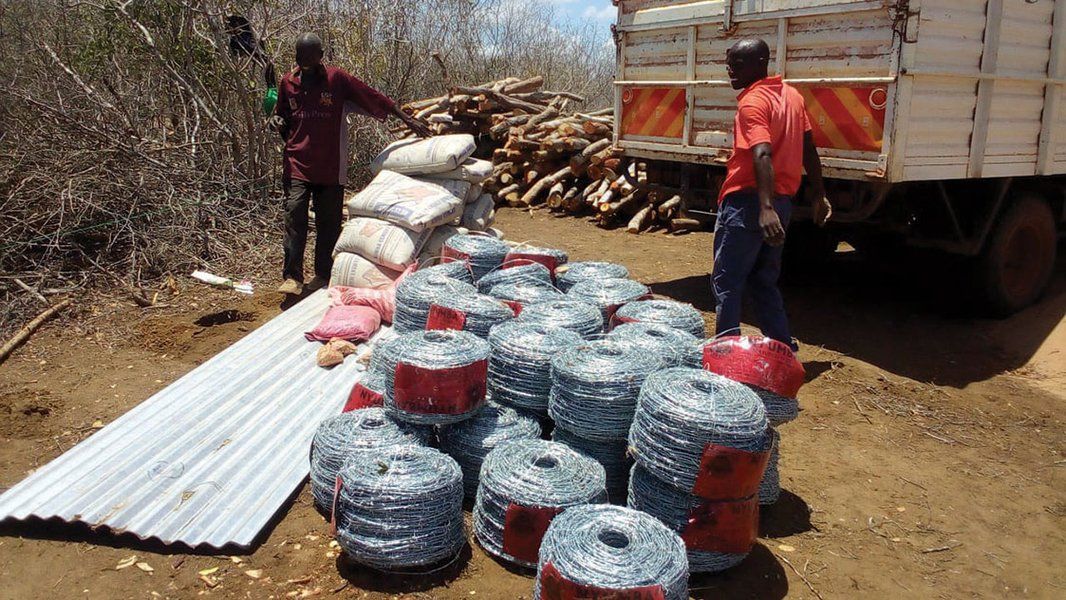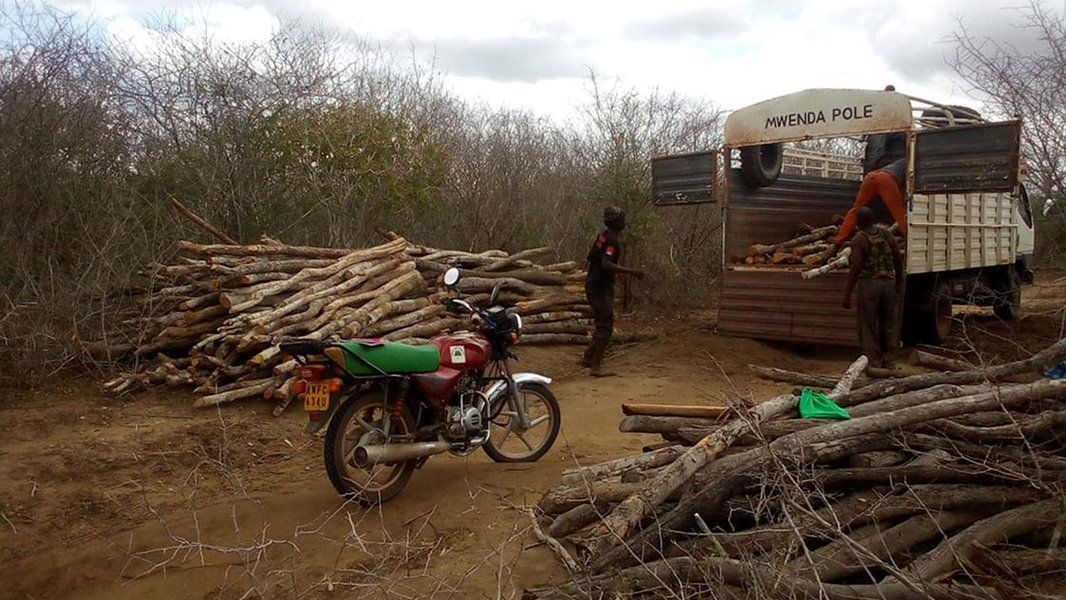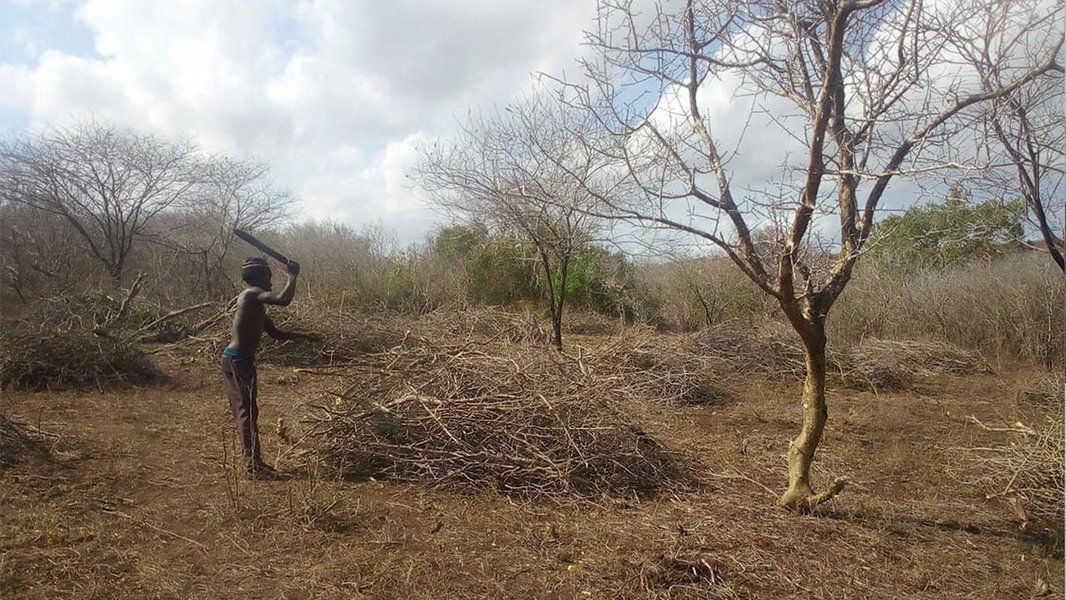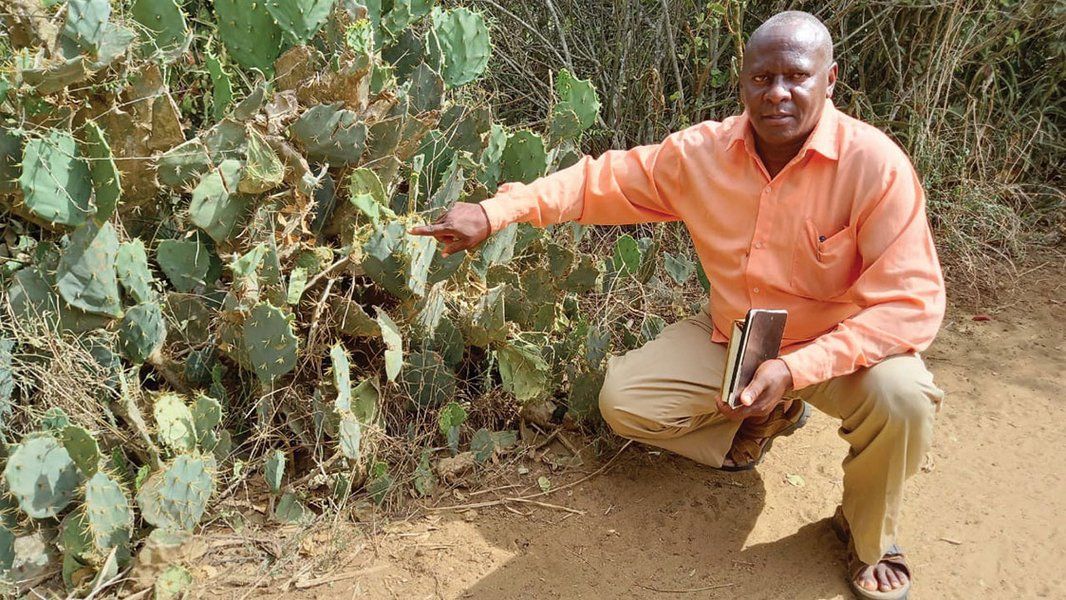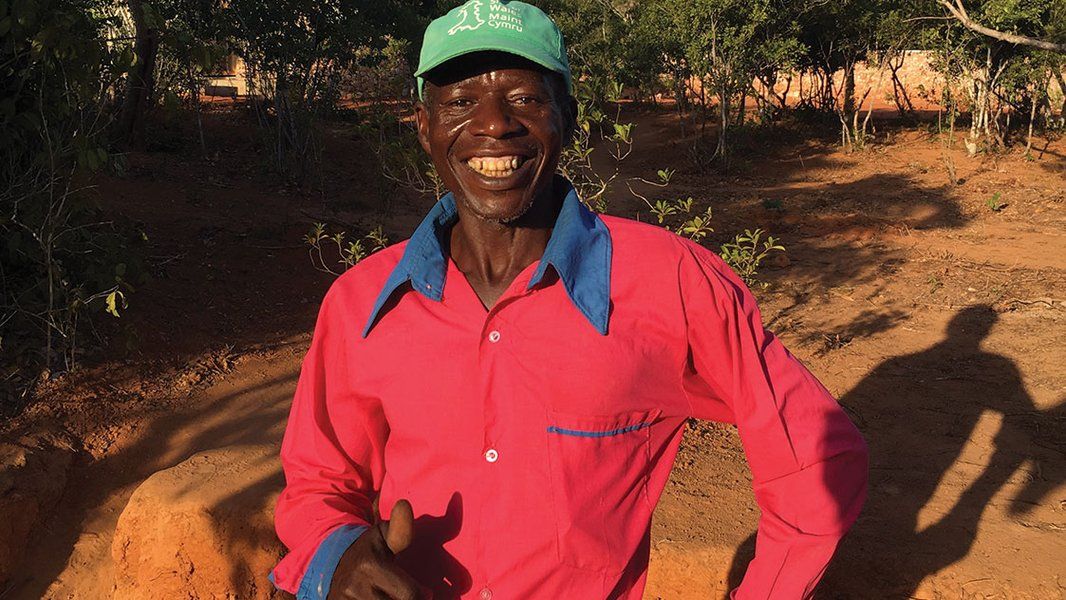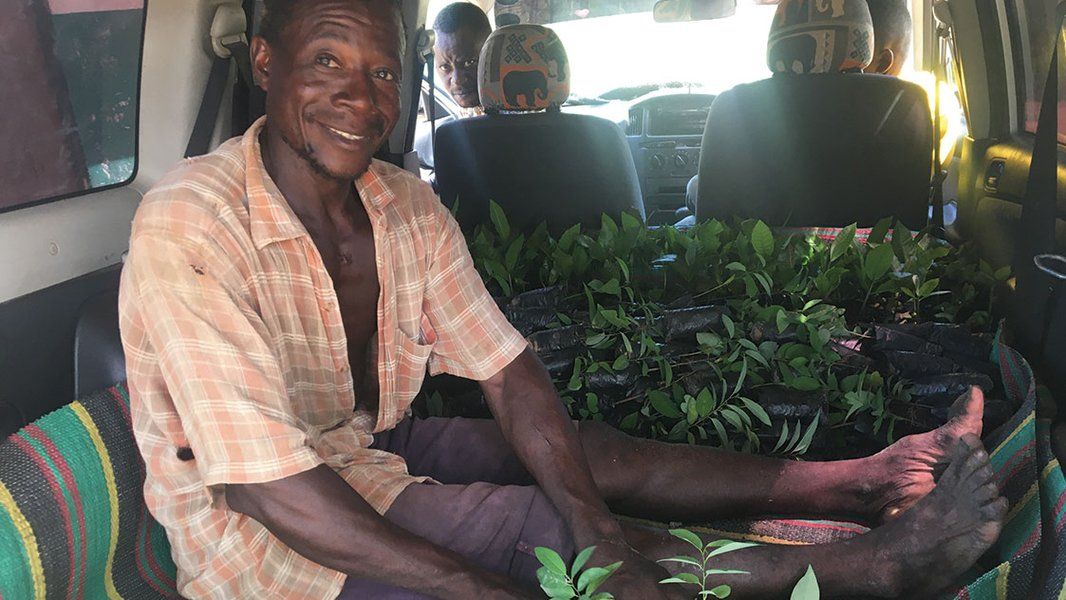Arsenal’s carbon offsetting scheme – to counteract the carbon consumption of the matchday programme production over the course of the season – will help to restore an area of Kenya to its former glory.
Work began in Bore this week in preparation for planting 12,500 neem seedlings, ready for when the ‘little rains’ come in the next couple of months. The first job was to get the fencing materials on site. The barbed wire had to be brought in from the coast but almost everything else was sourced from nearby to ensure that the local community reaped the benefit.
Fence posts came from adjacent farms so tended to be a bit irregular in shape, but they’ll do the job of keeping cattle and goats out till the seedlings mature. Next, around 20 acres of invasive thorn bushes have to be cleared, and that will keep these workers busy and employed for at least the next four to six weeks. It also means they’ll have no problem feeding, clothing and schooling their families over this period.
The large existing trees are left standing to enhance biodiversity and the brash is gathered into piles for burning later. The ash from these fires will nourish the seedlings for the first couple of years and that will save on expensive chemical fertiliser.
Meanwhile the seedlings are growing well in the shade of the nursery, where our team make sure that no weeds get a foothold in the pots. That’s important because every drop of water counts at the Equator!
Meet the team
A forest like this doesn’t grow by itself, so we have some key staff in place to help the process.
Alex Katana is the Bore Project Manager and a great guy. With 16 years’ experience of supervising community forestry projects in this region, he has all the skills needed to ensure that the planting is done correctly and that the neem seedlings will survive to maturity. Alex works with the local workers cooperative called the Bore Green Umbrella. Their main job is to ensure that any project benefits such as employment in planting the trees are shared out equally among all sectors in the community. They have 3,000 farmer members and a management committee of 12 with a female chair.
The key propagation work is done by an all-woman nursery team, and they are in the process of filling pots with soil in preparation for the upcoming seeding.
And a special mention for two more members of the team. Musa is the nursery nightwatchman – and he’s the friendliest guy you’ll ever meet – while Morris helps move seedlings from the nursery to the planting site. All means of transport are used for this job including bikes, donkey carts or even borrowing a friend’s car!
Copyright 2024 The Arsenal Football Club Limited. Permission to use quotations from this article is granted subject to appropriate credit being given to www.arsenal.com as the source.




